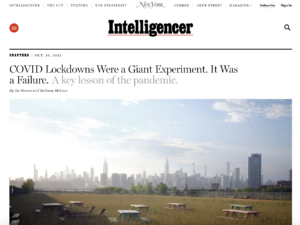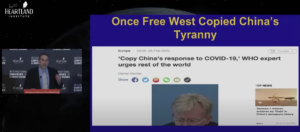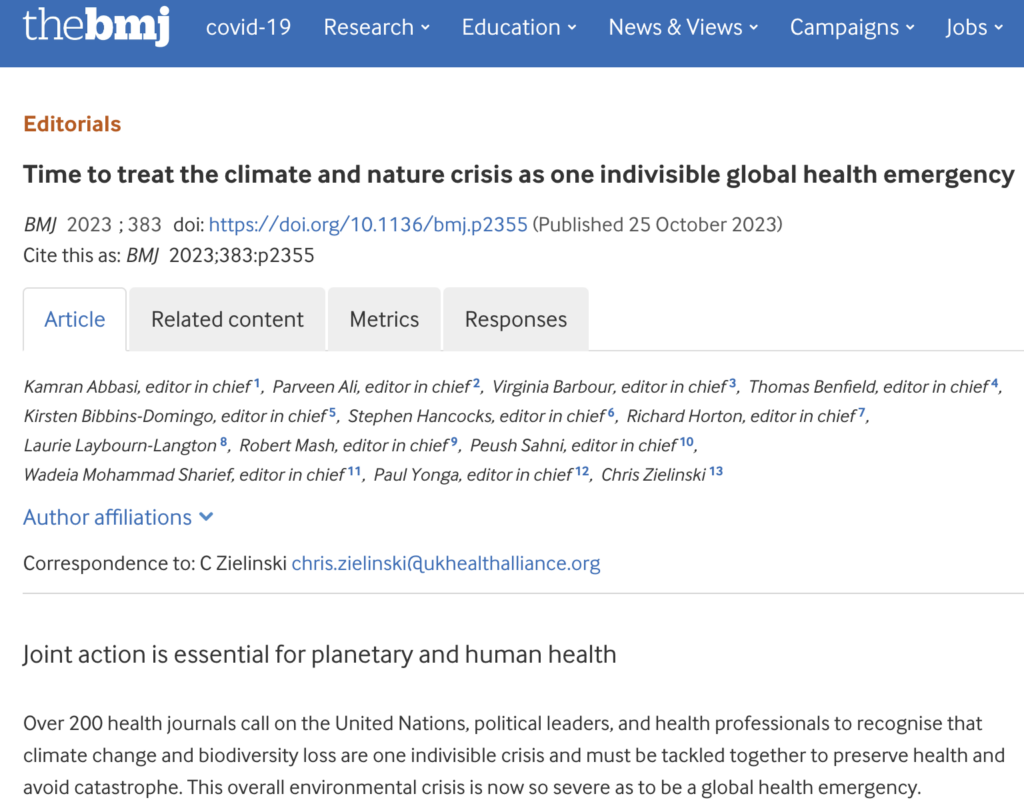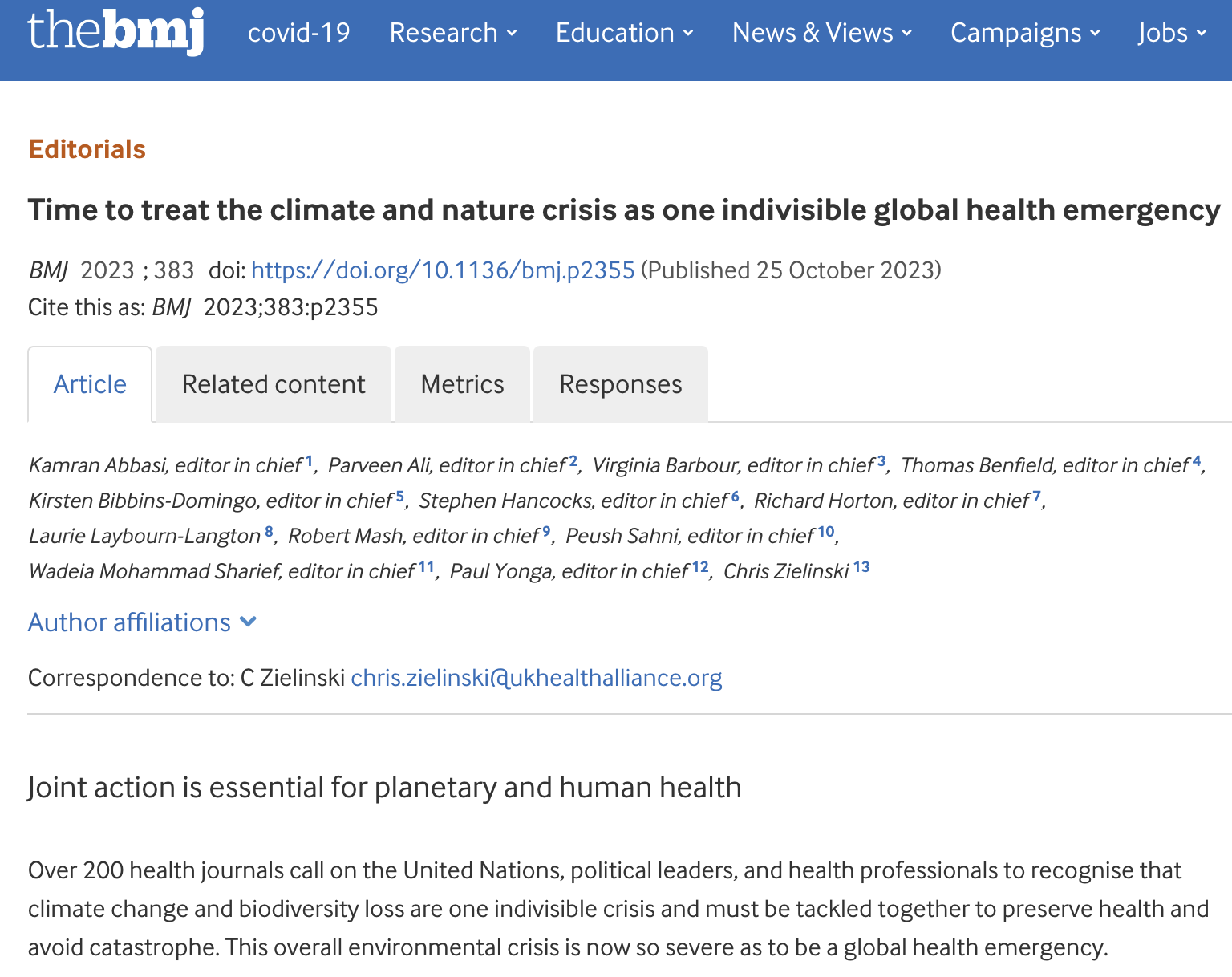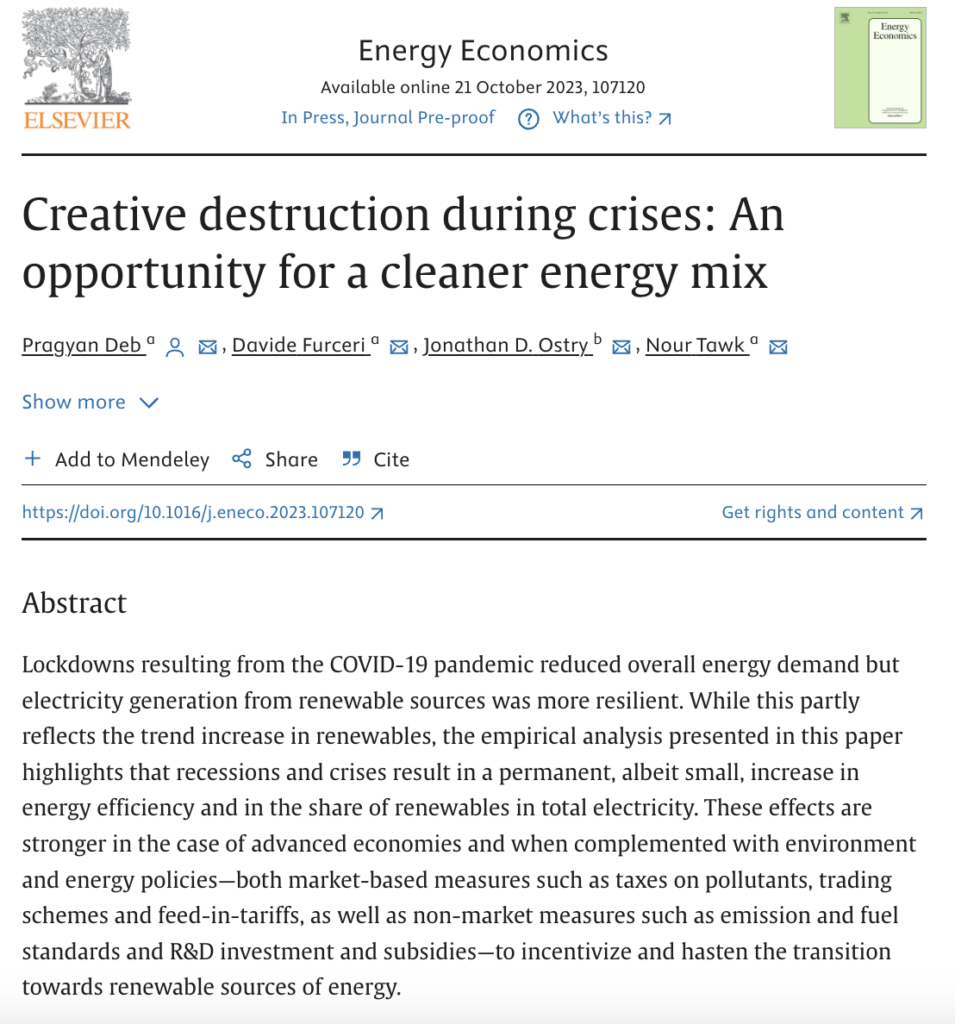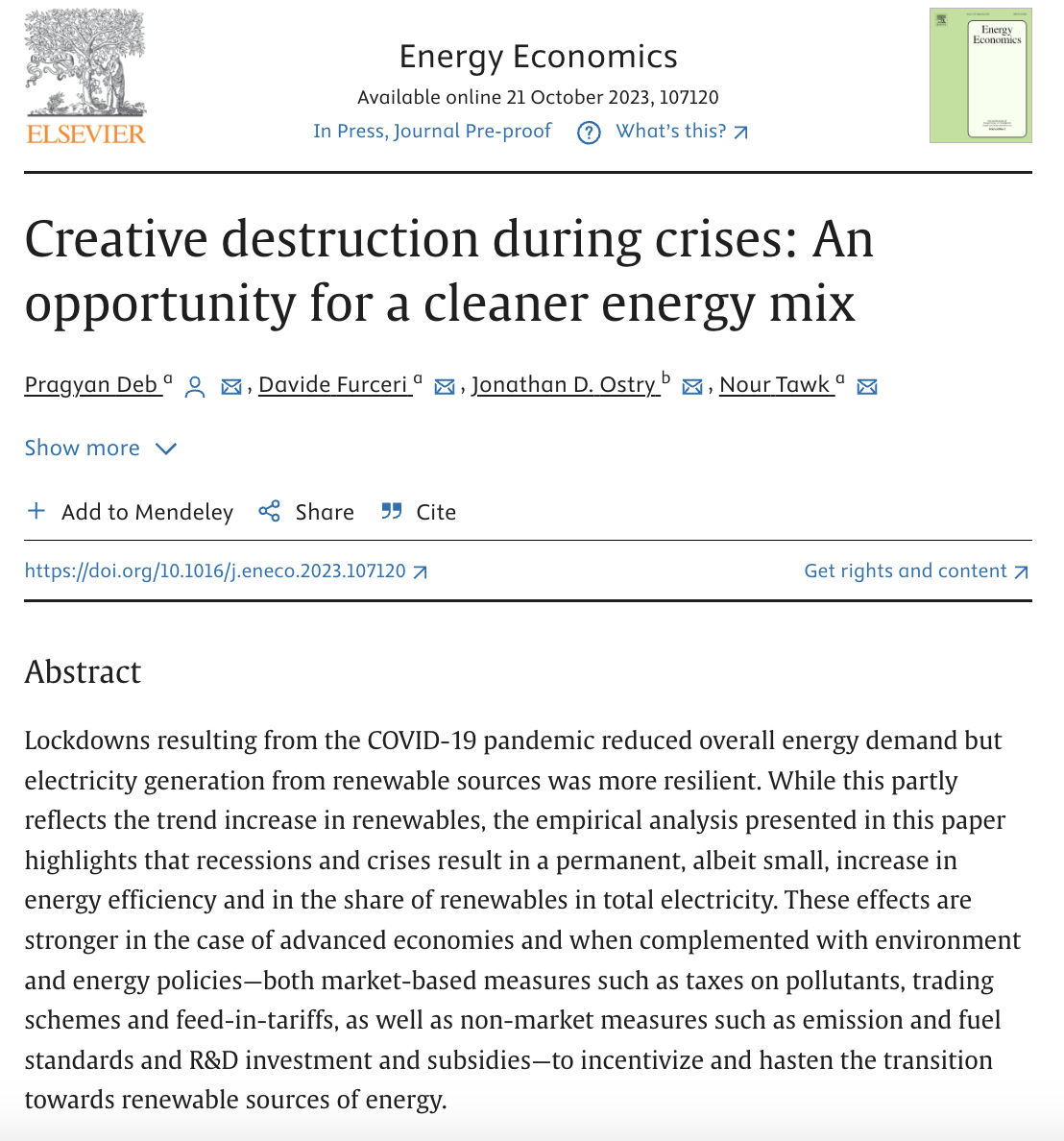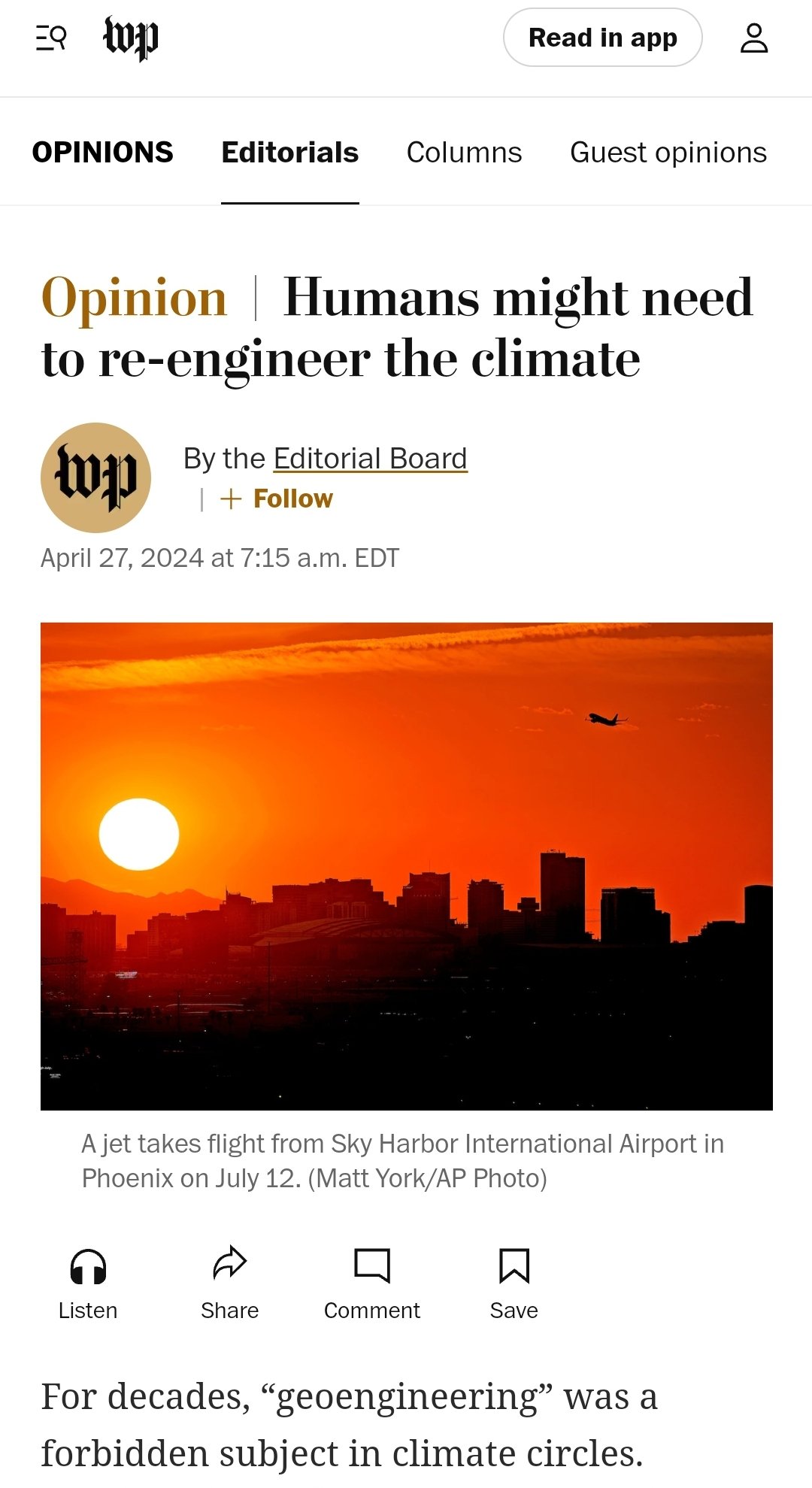By Joe Nocera and Bethany McLean
Until the Chinese government deployed this tactic, a strict batten-down-the-hatches approach had never been used before to combat a pandemic. Yes, for centuries infected people had been quarantined in their homes, where they would either recover or die. But that was very different from locking down an entire city; the World Health Organization called it “unprecedented in public health history.”
…
Lawrence O. Gostin, a professor of global health law at Georgetown University, told the Washington Post that “these kinds of lockdowns are very rare and never effective.”
…
The Chinese government, however, was committed to this “zero-COVID” strategy, as it was called.
…
One of the great mysteries of the pandemic is why so many countries followed China’s example. …
Climate Depot’s Marc Morano comments: There was zero ‘mystery’ as to ‘why so many countries followed China’s example’. The World Health Organziation pushed global lockdowns as a uniform response.
See: Morano’s 2023 Great Reset speech on COVID lockdowns:
#
New Yorker mag experts continued: But there was never any science behind lockdowns — not a single study had ever been undertaken to measure their efficacy in stopping a pandemic.
When the Bush administration began debating what its pandemic strategy should include, it was only natural that Henderson be involved. …
The men Bush chose to lead the effort believed that lockdowns could be an important component of a mitigation plan. They were heavily influenced by a model developed by Laura Glass, a 14-year-old high-school student from Albuquerque (aided by her scientist father), that purported to show that keeping people away from one another was as effective as a vaccine.
Still, the weight of the evidence seems to be with those who say that lockdowns did not save many lives. By our count, there are at least 50 studies that come to the same conclusion. …
COVID wasn’t the only thing people died from in 2020 and 2021. Cancer victims went undiagnosed because doctors were spending all their time on COVID patients. Critical surgeries were put on hold. There was a dramatic rise in deaths due to alcohol and drug abuse.
It is not unreasonable to conclude from the available data that the lockdowns led to more overall deaths in the U.S. than a policy that resembled Sweden’s would have. …
There were other negative consequences too. In the U.S., lockdowns forced hundreds of thousands of small business closures. They exacerbated inequality, as Amazon warehouse workers and meatpackers showed up to crowded workplaces while the “Zoom class” locked down at home. …
Yet as late as the fall of 2022, there were still those who refused to acknowledge the damage done by lengthy school closings.
One such person was Anthony Fauci. In August 2022, Fauci announced that he planned to retire at the end of the year. Over the next few months, he made the rounds to discuss how the country had fared during the pandemic. Invariably, he was asked whether he regretted his forceful advocacy of lockdowns, especially given its effect on children. At one forum, he said, “Sometimes when you do draconian things, it has collateral negative consequences … on the economy, on the schoolchildren.” But, he added, “The only way to stop something cold in its tracks is to try and shut things down.”
What he could never acknowledge was that “shutting things down” didn’t stop the virus, and that keeping schools closed didn’t save kids’ lives. Then again, to understand that, you had to be willing to follow the science.
Excerpted from The Big Fail: What the Pandemic Revealed About Who America Protects and Who It Leaves Behind, by Joe Nocera and Bethany McLean (Portfolio, October 2023).
#
Flashback March 14, 2020: Morano on TV warned against COVID lockdowns before they happened!
Morano on then proposed COVID lockdowns: "Imagine this: quarantines, shutting down of industries, keeping kids home from school, shutting entire sporting events down. They’re looking at…— Marc Morano (@ClimateDepot) November 1, 2023
#
Related:
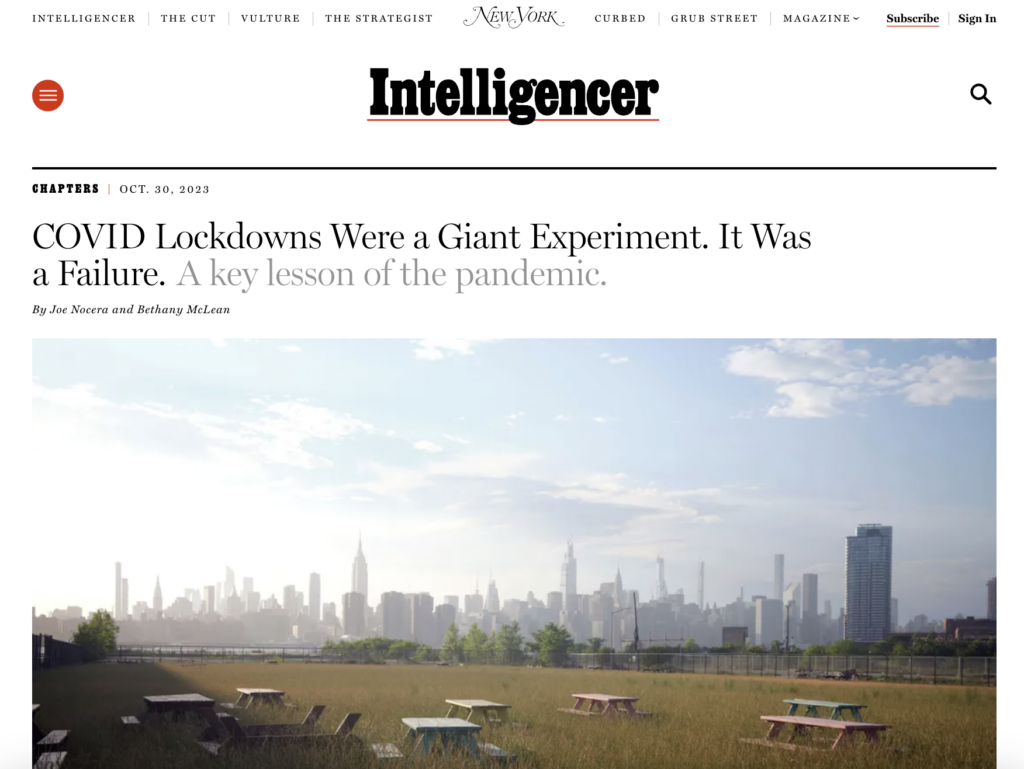 https://nymag.com/intelligencer/article/covid-lockdowns-big-fail-joe-nocera-bethany-mclean-book-excerpt.html By Joe Nocera and Bethany McLean Until the Chinese government deployed this tactic, a strict batten-down-the-hatches approach had never been used before to combat a pandemic. Yes, for centuries infected people had been quarantined in their homes, where they would either recover or die. But that was very different from locking down an entire city; the World […]
https://nymag.com/intelligencer/article/covid-lockdowns-big-fail-joe-nocera-bethany-mclean-book-excerpt.html By Joe Nocera and Bethany McLean Until the Chinese government deployed this tactic, a strict batten-down-the-hatches approach had never been used before to combat a pandemic. Yes, for centuries infected people had been quarantined in their homes, where they would either recover or die. But that was very different from locking down an entire city; the World […]
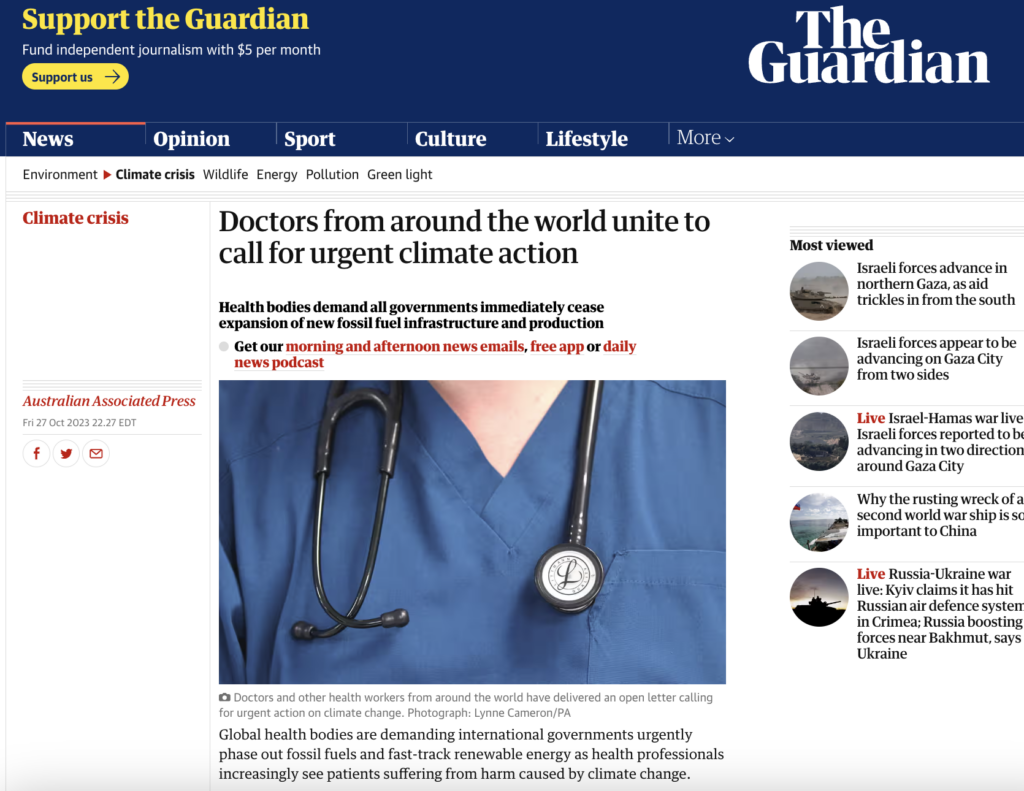 https://www.theguardian.com/environment/2023/oct/28/doctors-from-around-the-world-unite-to-call-for-urgent-climate-action Australian Associated Press Global health bodies are demanding international governments urgently phase out fossil fuels and fast-track renewable energy as health professionals increasingly see patients suffering from harm caused by climate change. The world’s leading GP and health bodies, representing more than three million health professionals worldwide, will deliver an open letter on Saturday […]
https://www.theguardian.com/environment/2023/oct/28/doctors-from-around-the-world-unite-to-call-for-urgent-climate-action Australian Associated Press Global health bodies are demanding international governments urgently phase out fossil fuels and fast-track renewable energy as health professionals increasingly see patients suffering from harm caused by climate change. The world’s leading GP and health bodies, representing more than three million health professionals worldwide, will deliver an open letter on Saturday […]
British Medical Journal: Published 25 October 2023: Over 200 health journals call on the United Nations, political leaders, and health professionals to recognize that climate change and biodiversity loss are one indivisible crisis and must be tackled together to preserve health and avoid catastrophe. This overall environmental crisis is now so severe as to be a global health emergency…
Human health is damaged directly by both the climate crisis, as the journals have described in previous editorials, and the nature crisis. …
The World Health Organization should declare the indivisible climate and nature crisis as a global health emergency. The three preconditions for WHO to declare a situation to be a public health emergency of international concern are that it is serious, sudden, unusual, or unexpected; carries implications for public health beyond the affected state’s national border; and may require immediate international action. Climate change seems to fulfil all those conditions. …
We must recognise this crisis for what it is: a global health emergency.”
#
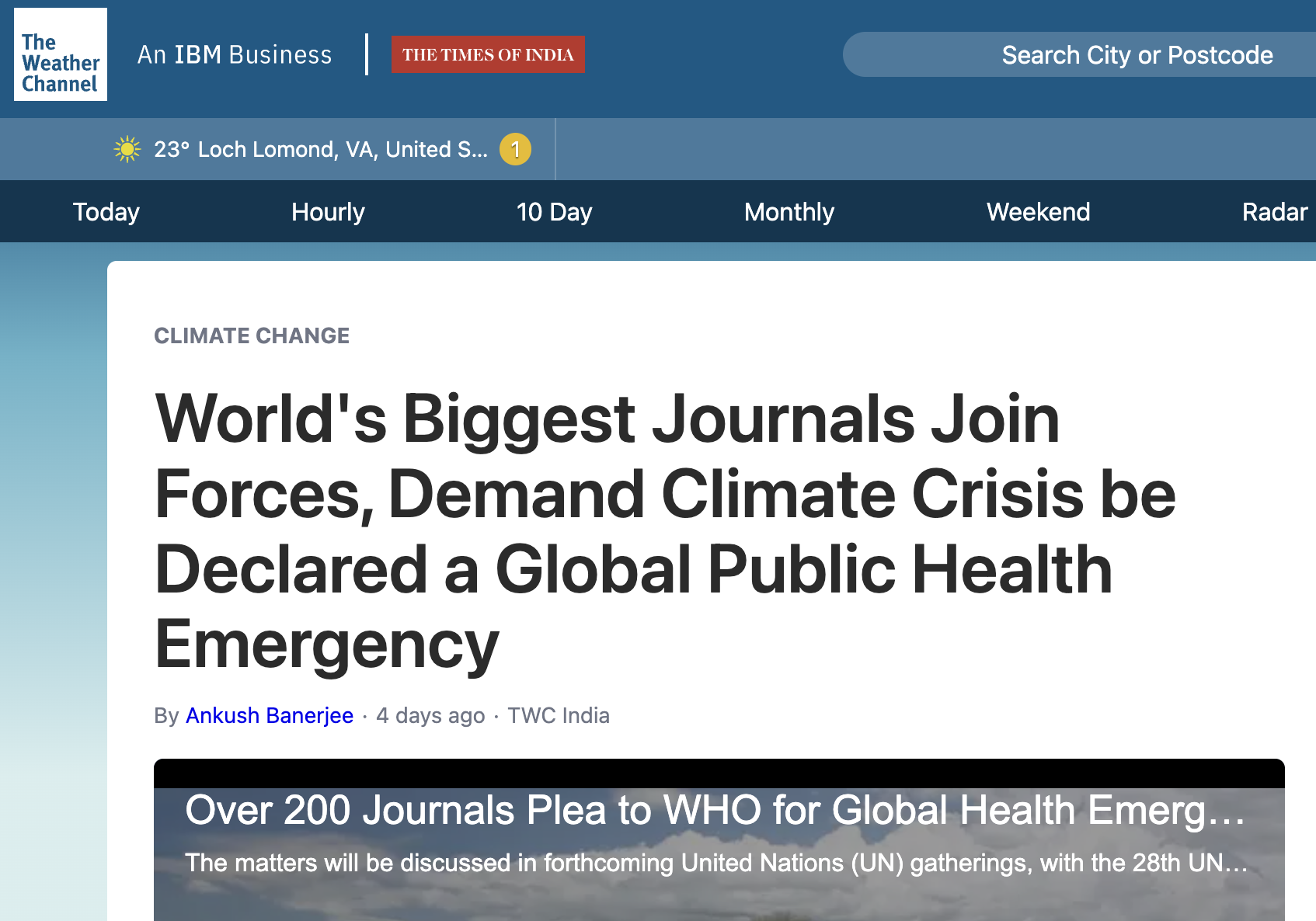
https://www.sciencedirect.com/science/article/abs/pii/S0140988323006187
Energy Economics – Available online 21 October 2023, 107120
Excerpt: “The aim of this paper is to explore the possibility that crises provide a window of opportunity for greener energy and increase the share of renewable energy.” …
“The empirical analysis confirms that growth slowdowns, including those engendered by pandemics and financial crises, result in a permanent increase in energy efficiency and a corresponding decline in the energy intensity of output, with a disproportionate impact on dirty energy.”

